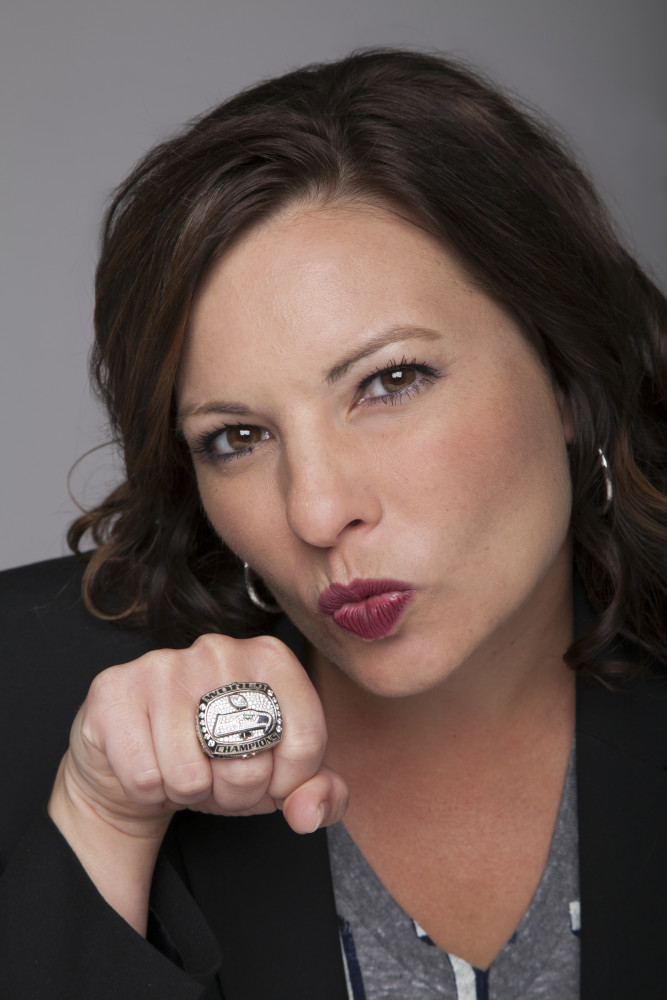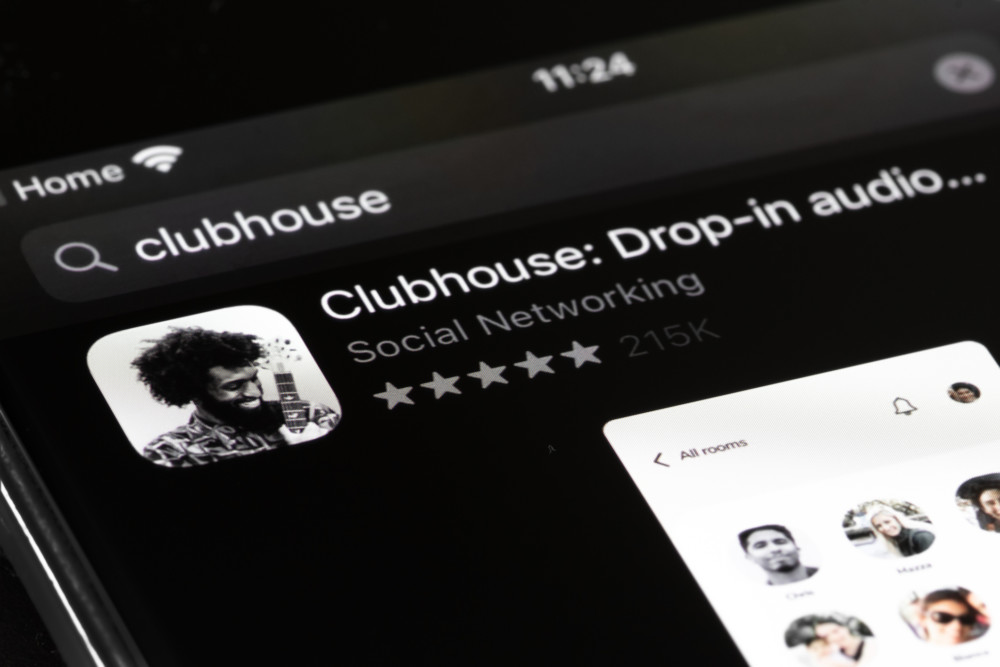By Joyce Gannon
Pittsburgh Post-Gazette.
So you didn’t fill out a bracket for the NCAA basketball tournament, you don’t know where the hometown baseball team held spring training and, truth to tell, you tuned into the Super Bowl only to catch Katy Perry’s performance during the halftime show.
Despite your lack of sports fanaticism, you don’t need to avoid all the sports-related chatter in your workplace. Even those with limited knowledge of sports can use it to build better business relationships and connections, said a Seattle-based consultant who helps sports fans and non-fans better incorporate sports into their business communication and networking.
“You don’t have to be the most passionate sports fan in the world … to leverage sports in business,” said Jen Mueller, who has written two books about using sports as a career tool and whose company, Talk Sporty to Me, conducts presentations to teach men and women “how to communicate better with people around you using sports conversations.”
Mueller, 36, knew sports long before she began advising people about how sports talk could benefit their business relationships.
A broadcast journalism graduate of Southern Methodist University, Mueller works full-time at Root Sports in Seattle as a producer and on-air talent for Mariners’ baseball games. During football season, she is a radio sideline reporter for the Seattle Seahawks.
Her first book, “Game Time: Learn to Talk Sports in 5 Minutes a Day for Business” was published in 2013. Her second, “Talk Sporty to Me: Thinking Outside the Box Scores,” was published in January.
A high school athlete who also worked as a high school football official, Mueller said she became “an accidental entrepreneur” when a contact at accounting firm KPMG’s Seattle office asked her to speak to a group of female employees who wanted to break down gender barriers that existed in professional networking activities.
“They saw their male colleagues entertaining potential clients at sports events, and those males had higher profiles and were making more money at the company,” Mueller said during a recent phone interview. “The women had the same experience level and were trying to figure out what the deal was.”
About half of the women in that audience were sports-savvy “and the rest wanted to know how to get started,” she said.
Her advice: Scan the sports section of a daily newspaper or sports online site and come away with three sentences or 15 seconds worth of knowledge that will launch and maintain a conversation.
For instance, she said, “You might not be that into the Pittsburgh Penguins, but you find out the playoffs are coming up and you read stories about (team captain) Sidney Crosby and how the Penguins look for the playoffs.
“You can say to someone (who follows sports), ‘How do you think the Penguins’ chances look?’ A sports fan will run with that. Then you ask that person how long they’ve been following the team.”
If the same Penguins fan asks you in turn if you watched the game last night, don’t lie about it, said Mueller. “Say no and ask if they watched it, or say no and ask what the biggest highlight was.”
Another tip she’s passed on to clients such as Coca-Cola and T-Mobile: Define your limited sports knowledge. Admit that you don’t follow college hoops through most of the season but you do know which teams made it to the Sweet 16 because you’re aware the NCAA tournament is in full swing.
“If you didn’t fill out a tournament bracket, which is something I advise everyone to do, there’s nothing wrong with being honest and saying you were slammed at home or at work and aren’t following it. That could lead to talking about something else like a movie or TV show. But don’t miss the opportunity to let somebody else strike up a conversation with you.”
The bottom line on small talk in business settings, said Mueller, is that, “If you can communicate better with the people around you, everything gets easier and people are more productive if they like the people they work with and feel they have opportunities to advance their career.”
















































































































































































































































































































































































